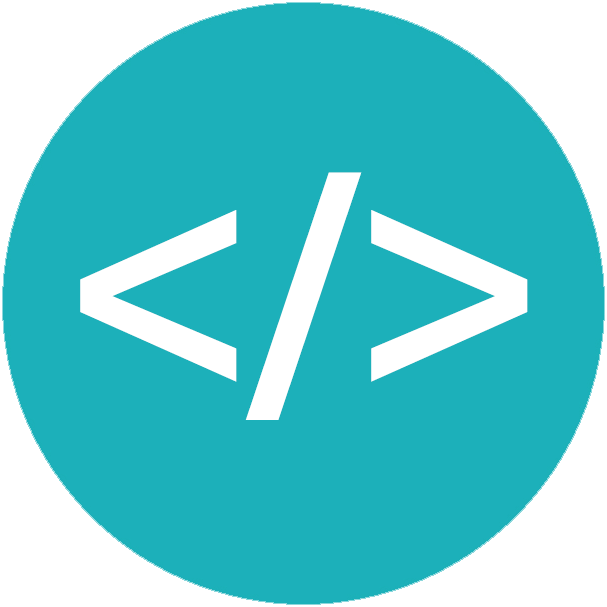Join us on the Community Forums!
-
Community Guidelines
The Fitbit Community is a gathering place for real people who wish to exchange ideas, solutions, tips, techniques, and insight about the Fitbit products and services they love. By joining our Community, you agree to uphold these guidelines, so please take a moment to look them over. -
Learn the Basics
Check out our Frequently Asked Questions page for information on Community features, and tips to make the most of your time here. -
Join the Community!
Join an existing conversation, or start a new thread to ask your question. Creating your account is completely free, and takes about a minute.
Not finding your answer on the Community Forums?
- Community
- Developers
- SDK Development
- Updating settings when app is closed
- Mark Topic as New
- Mark Topic as Read
- Float this Topic for Current User
- Bookmark
- Subscribe
- Mute
- Printer Friendly Page
- Community
- Developers
- SDK Development
- Updating settings when app is closed
Updating settings when app is closed
- Mark Topic as New
- Mark Topic as Read
- Float this Topic for Current User
- Bookmark
- Subscribe
- Mute
- Printer Friendly Page
07-04-2018 20:48 - edited 07-04-2018 21:00
- Mark as New
- Bookmark
- Subscribe
- Permalink
- Report this post
07-04-2018 20:48 - edited 07-04-2018 21:00
- Mark as New
- Bookmark
- Subscribe
- Permalink
- Report this post
Hello all,
I am currently having an issue where if the user updates the settings while the app is not open it does not get persisted to the app.
This is my companion code. It does call sendSettings, but I get the "No peerSocket connection". What is the correct way of persisting the settings data to the app when it is closed?
/*
* Entry point for the companion app
*/
import { settingsStorage } from "settings";
import { me } from "companion";
import * as messaging from "messaging";
// Event fires when a setting is changed
settingsStorage.onchange = (evt) => { sendSettings(); }
// Settings were changed while the companion was not running
if (me.launchReasons.settingsChanged) {
sendSettings();
}
function sendSettings(){
let flowTime = settingsStorage.getItem("flowTime");
let shortTime = settingsStorage.getItem("shortBreakTime")
let longTime = settingsStorage.getItem("longBreakTime")
let data = {
flowTime : flowTime ? flowTime : "25",
shortBreakTime : shortTime ? shortTime : "5",
longBreakTime : longTime ? longTime : "15"
}
// If we have a MessageSocket, send the data to the device
if (messaging.peerSocket.readyState === messaging.peerSocket.OPEN) {
messaging.peerSocket.send(data);
} else {
console.log("No peerSocket connection");
}
}
10-18-2018 11:48
- Mark as New
- Bookmark
- Subscribe
- Permalink
- Report this post
10-18-2018 11:48
- Mark as New
- Bookmark
- Subscribe
- Permalink
- Report this post
I think this is normal, as the device app is not loaded so you can't send messages at that time.
You probably should persist the settings in your companion and load them (or read them directly from settingsStorage) as soon as the device app is started and messaging.peerSocket.onopen is called.
 Best Answer
Best Answer10-18-2018 12:03
- Mark as New
- Bookmark
- Subscribe
- Permalink
- Report this post
 Fitbit Developers oversee the SDK and API forums. We're here to answer questions about Fitbit developer tools, assist with projects, and make sure your voice is heard by the development team.
Fitbit Developers oversee the SDK and API forums. We're here to answer questions about Fitbit developer tools, assist with projects, and make sure your voice is heard by the development team.
10-18-2018 12:03
- Mark as New
- Bookmark
- Subscribe
- Permalink
- Report this post
You can use the File Transfer API, this will ensure the settings files are transferred to the device, even if the app isn't running.
Here's an incomplete example which should give you some ideas:
// Companion
import * as cbor from "cbor";
import { outbox } from "file-transfer";
import { settingsStorage } from "settings";
import { settingsPrefix } from "../common/constants";
function handleSettingsChange(evt) {
if (!evt.newValue || evt.oldValue === evt.newValue) return;
const data = {
key: evt.key,
value: JSON.parse(evt.newValue)
};
outbox
.enqueue(`${settingsPrefix}.${evt.key}.cbor`, cbor.encode(data))
.catch(error => {
console.log(`Failed to queue settings for ${evt.key}. Error: ${error}`);
});
}
settingsStorage.addEventListener("change", handleSettingsChange);
// App
let settings = {};
function startsWith(str, word) {
return str.lastIndexOf(word, 0) === 0;
}
function processSettingFile(newFile) { const setting = readFileSync(`/private/data/${newFile}`, settingsType); settings[setting.key] = setting.value; } function getNewFiles() { let fileName; do { fileName = inbox.nextFile(); if (fileName && startsWith(fileName, settingsPrefix)) { processSettingFile(fileName); } } while (fileName); }
getNewFiles();
12-17-2018 14:57
- Mark as New
- Bookmark
- Subscribe
- Permalink
- Report this post
12-17-2018 14:57
- Mark as New
- Bookmark
- Subscribe
- Permalink
- Report this post
This should really be added to the primary documentation on how to handle setting changes. I've been searching for this for some time lol.
Ironically I manage state through watch local JSON files. I should have put two and two together.
 Best Answer
Best Answer